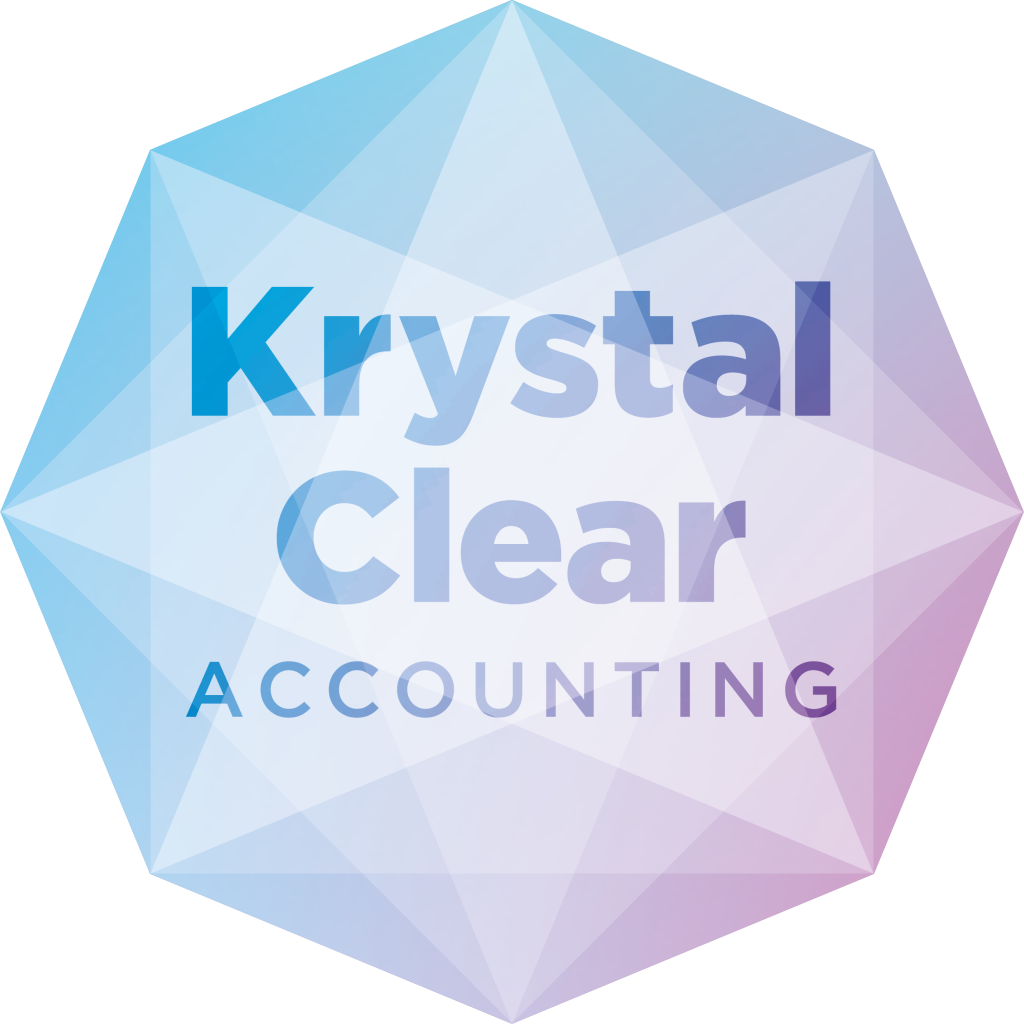
There are now BIG tax breaks to businesses who provide electric cars as a company car. More electric cars means more charging points.
The question which then arises is what is the tax treatment for limited companies which have electric car charging points?
The good news is that there is tax which can potentially be reclaimed by the limited company.
BUT be aware as the tax treatment varies depending on, say, the tax AND where the charging point is.
1 What Charging Point Installation Costs are Claimable?
All costs associated with the installation of an electric car charging point at business premises should be claimable as a business cost.
In the accounts these costs would be typically treated as capital expenditure and therefore as a fixed asset.
The installation costs which could potentially be claimed include the following:
- charging point kit
- Installation costs
- Any other cost which is necessary in order to install the charging point (eg modifications to the electricity supply and/or the building).
2 Charging Points Installed at Business Premises
a. Corporation Tax
The company can claim tax relief on the amount spent by claiming Annual Investment Allowance. This will reduce the company’s taxable profits and therefore the corporation tax bill.
Any charging points bought in the 2 years between 1st April 2021 and 31st March 2023 will ALSO be able to claim the new Super Deduction which increases the tax relief on new capital expenditure for companies by 30%.
b. VAT
Where the charging point is in a public place, such as, business premises car park then the VAT rules are as follows.
- VAT is charged at 20% standard rate on the supply of electric vehicle charging points.
- Any VAT incurred on the charging points is included on the company’s VAT return and reduces the company’s VAT liability.
3 Charging Points Installed at Employee's Homes
a. Corporation Tax
The tax treatment is the same as mentioned above under ‘Charging Points Installed at Business Premises’.
b. VAT
Where the charging point has been installed at the employee’s home then VAT is NOT reclaimable on the installation costs.
4 Electricity Usage
An employee who uses the company’s charging point to recharge their car might be receiving a benefit in kind on the cost of electricity used.
IF a benefit in kind does arise then the benefit must be reported by the company each year on the P11D form for each employee.
The employee would also be subject to income tax on the value of the benefit.
a. IF the Charge Point is at Business Premises
IF Company Car with Private Use
Then there is no benefit in kind.
IF Employee’s Car used for business
To avoid a benefit in kind arising the following 4 conditions must be met.
- The Charging point is at, or near, the business premises (can’t be at home)
- Charging is available to all employees
- Charging facilities are NOT offered as part of a flexible remuneration package
- The charging point must be for a vechile in which the employee is either the driver or a passenger
b. IF Charge Point is at Home
The employee pays for all electric used in recharging the car.
The employee is entitled to recover that cost by making an expense claim for any mileage done on business journeys.
Important...
If you found this article helpful then you can discover more useful information in our article ‘Can I buy an electric car through my Ltd company to save tax ?’.
If you’d like to discuss any of the above or would like a chat to see how we can help drop us an email to wecare@krystal-clear.co.uk or call one of the team on 0161 410 0020.
Disclaimer
It is important that you take professional advice before making any decisions based on the information that you learnt here. While every effort has been made to make sure it is accurate it cannot be precisely tailored to your personal circumstances. This article is for general information only and no action should be taken, or refrained from, as a result of this information. Professional advice should be taken based on specific circumstances in each individual case. Whilst we endeavour to ensure that the information contained in the article is correct, no liability will be accepted by Krystal Clear Accounting which is a trading name of Kim Marlor Associates Ltd or damages of any kind arising from the contents of this communication, or for any action, inaction or decision taken as a result of using any such information.


